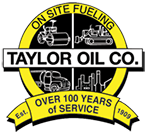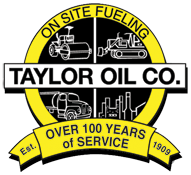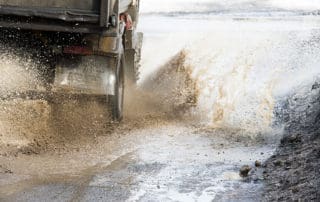Inspection Basics: Pre and Post Trip
Inspection Basics: Pre and Post Trip - Pre- and post-trip inspections are critical in keeping your assets on the road, not to mention to avoid violations and fines as part of roadside inspections. Plus, they are mandated by the Federal Motor Carrier Safety Administration (FMCSA). These inspections should be performed by your drivers before heading out each day as well as when they return. Particularly if your fleet has older assets, pre- and post-trip inspections are even more important. Checklist In order to cover key areas of your truck, the FMSA has a checklist all drivers can abide by. First, drivers should check the truck’s general condition, being on the lookout for obvious issues and noting them. They should report them on the Driver Vehicle Inspection Report (DVIR) so that repairs and corrections can be made. Drivers should also check fluid levels, including coolant, engine, and transmission. Take a look at the condition of hoses, belts, wires, batteries, and electrical connections, paying particular attention to slipping belts, loose connections, fraying hoses, and wear and tear. Trailers should be inspected as well to look for signs of improper maintenance, such as insecure air lines, missing mud flaps, and inoperable lights. [...]



